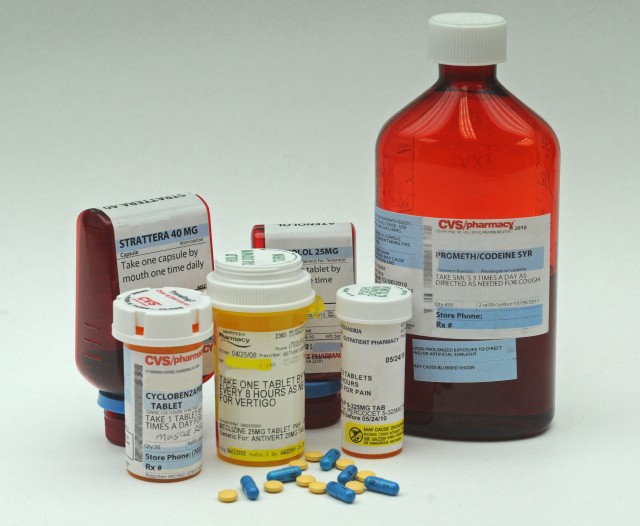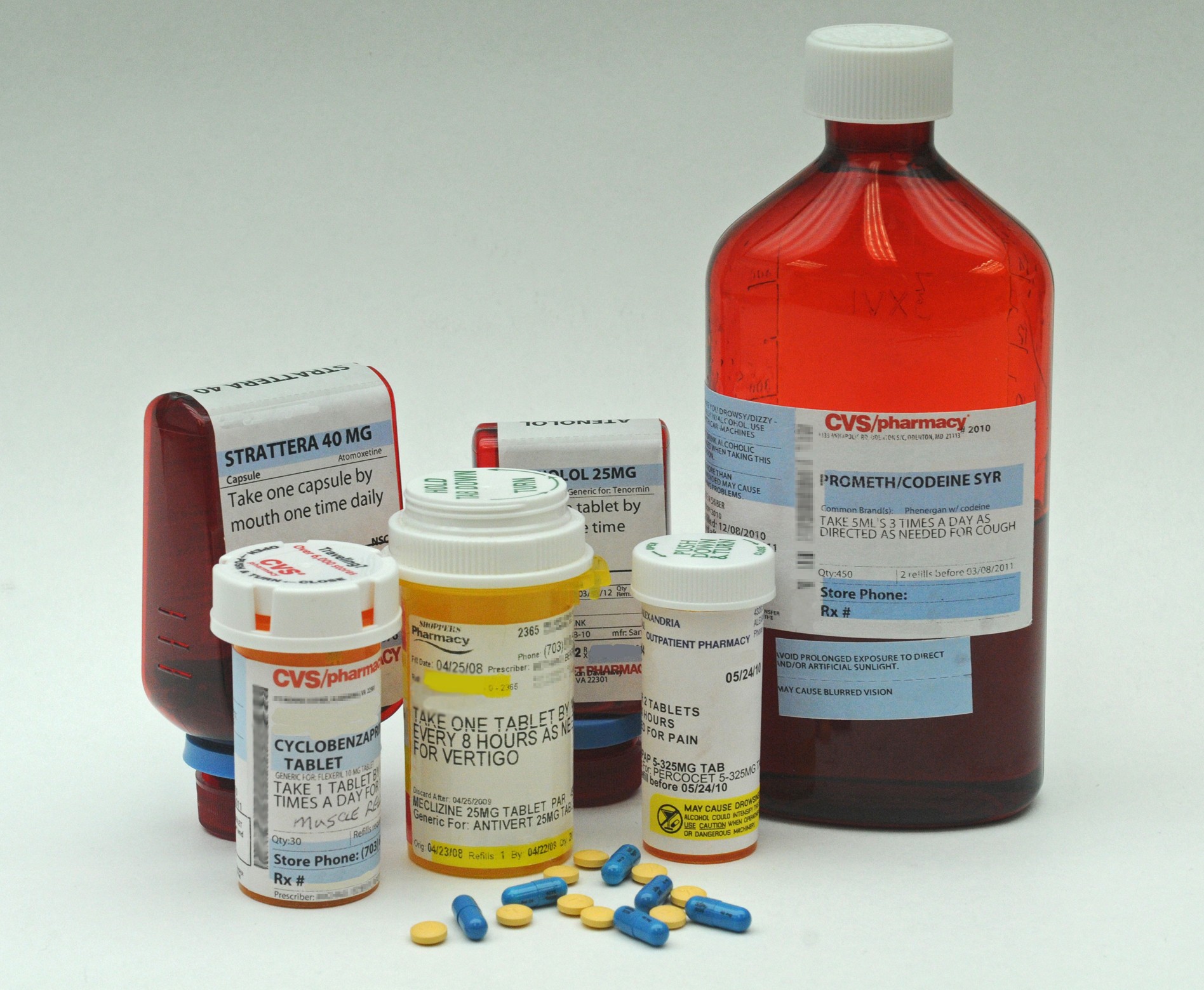WASHINGTON (Army News Service, April 26, 2011) -- On April 30, Soldiers and Army families have the opportunity to dispose of those unused or expired prescription medications that are taking up space and posing health risks in the bathroom medicine cabinet.
As part of the 2011 National Prescription Drug Take-Back Day program, garrison Army Substance Abuse Program representatives have teamed with the Drug Enforcement Agency to set up collection points in high-visibility areas on post as well as off-post.
The first prescription take-back day was held September 2010, with more than 3,000 state and local law enforcement agencies gathering more than 242,000 pounds -- 121 tons -- of prescription medications at 4,100 collection sites.
"The overwhelming public response to DEA's first nationwide take-back event last fall not only rid homes of potentially harmful prescription drugs, but was an unprecedented opportunity to educate everyone about the growing prescription drug abuse problem," said Michele M. Leonhart, DEA administrator
"Studies have shown that, for many, prescription drugs are the very first drugs they abuse -- and all too often they aren't the last," she added. "That is why we are committed to helping Americans keep their homes safe by ridding their medicine cabinets of expired, unused and unwanted drugs."
According to the 2009 National Survey on Drug Use and Health, more Americans abuse prescription drugs than cocaine, heroin and hallucinogens combined. Those prescription medications can come from medicine cabinets and trash cans.
"In hospitals, these narcotics are locked in safes with double locks, but in our homes they're accessible either accidentally by children and sometimes by teenagers," said Col. Kevin Galloway, chief of staff for the Pain Management Task Force at Army Medical Command.
"There's a market for these drugs in schools, on post, in the barracks, so we have to be more proactive in letting people know it's not a good thing to have prescription drugs in their medicine cabinets," Galloway said.
Prescription drugs are often kept beyond the imprinted expiration date because the patient isn't sure about how to dispose of them.
In some cases, the most apparent ways to dispose of prescription drugs is not the best way at ll. For instance, pharmaceuticals should not be thrown in the trash because exploring toddlers and curious pets could find them.
And unless the bottle is labeled "flushable," prescription drugs should not be tossed in the toilet. Studies by the Environmental Protection Agency have discovered pharmaceuticals in varying concentrations in the country's waterways. While water-borne drugs also result from normal excretion routes and metabolic processes, the public has become increasingly interested in developing methods of disposal.
Coming off the success of the 2010 drug take-back, Army leadership proposed a partnership with DEA which the agency readily accepted.
"The Army has been focused on a comprehensive strategy of ensuring and promoting health to Soldiers and families, so we looked at this as an opportunity to join with them," Galloway said.
For more information on where to dispose of unused, outdated medications visit: http://www.deadiversion.usdoj.gov/drug_disposal/takeback/index.html
Soldiers who want to properly dispose of the unused or expired prescription drugs in their medicine cabinets should contact their installation Army Substance Abuse Program office or medical community.
Related Links:
National Prescription Drug Take Back turn-in times and locations


Social Sharing